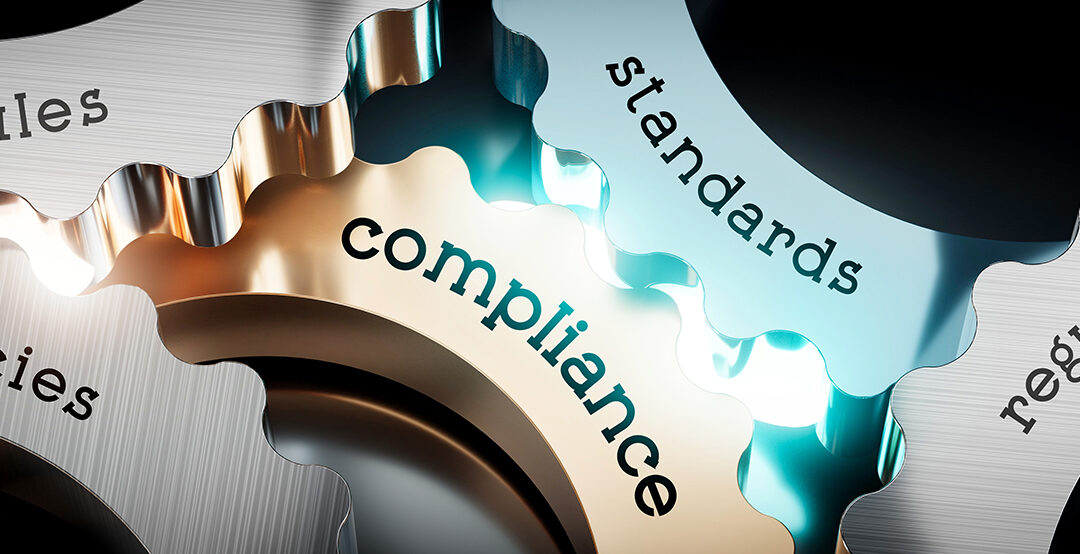What is a HIPAA Compliance Audit? A Comprehensive Overview
HIPAA, the Health Insurance Portability and Accountability Act of 1996, is a fundamental piece of legislation designed to protect the privacy and security of individuals’ medical information in the United States. Compliance with HIPAA is mandatory for Covered Entities and their Business Associates, and one of the ways that compliance is ensured is through HIPAA compliance audits. These audits are critical for maintaining the integrity of the healthcare system by ensuring that organizations handling Protected Health Information (PHI) are adhering to HIPAA’s stringent standards. But what exactly is a HIPAA compliance audit, and what does it entail? Let’s explore.
Understanding HIPAA Compliance Audits
A HIPAA compliance audit is a thorough review conducted by the Department of Health and Human Services (HHS) Office for Civil Rights (OCR) to ensure that Covered Entities and Business Associates are following the requirements set out by HIPAA. These audits are not just about checking boxes; they are a detailed examination of an organization’s practices and protocols related to the handling of PHI.
The primary purpose of a HIPAA compliance audit is to:
- Assess compliance: Ensure that organizations are meeting the Privacy, Security, and Breach Notification Rules under HIPAA.
- Identify vulnerabilities: Pinpoint areas where the organization’s practices may fall short, posing a risk to the security and privacy of PHI.
- Encourage improvement: Provide feedback that can help organizations enhance their HIPAA compliance practices, thereby reducing the likelihood of breaches.
Types of HIPAA Audits
HIPAA audits can be categorized into two main types:
- Desk Audits: These audits are typically more limited in scope and are conducted remotely. The OCR requests specific documentation from the organization, which is then reviewed to assess compliance. This might include policies and procedures, training records, and risk assessments. Desk audits are usually quicker but still provide valuable insights into an organization’s compliance status.
- On-site Audits: As the name suggests, these audits involve an in-person visit from OCR auditors to the organization’s physical location. On-site audits are more comprehensive and allow auditors to observe the organization’s operations firsthand. They assess everything from physical security measures to the handling of electronic health records (EHRs) and other forms of PHI.
What to Expect During a HIPAA Audit
HIPAA audits are typically initiated with a notification from the OCR, informing the organization of the audit and outlining the process. Here’s what you can generally expect:
- Pre-Audit Preparation: Organizations are given a specific timeframe to prepare and submit the requested documentation. This may include risk assessments, HIPAA policies, employee training logs, breach notification records, and evidence of safeguards in place to protect PHI.
- Document Submission: For desk audits, the organization will submit the required documents electronically. For on-site audits, in addition to document submission, the OCR auditors will schedule a visit to the organization’s premises.
- Audit Review: The OCR auditors will review the submitted documents and, in the case of on-site audits, conduct interviews with key personnel and observe operations to assess compliance.
- Final Report: After the audit, the OCR will issue a report detailing their findings. This report will identify any areas of non-compliance and may include recommendations or corrective action plans.
- Follow-Up: Depending on the findings, the OCR may require the organization to take corrective actions to address any identified deficiencies. In some cases, follow-up audits may be conducted to ensure that corrective measures have been implemented.
Key Areas of Focus in a HIPAA Audit
HIPAA audits cover a wide range of areas, but some of the key areas of focus include:
- Risk Analysis and Management: The OCR will review whether the organization has conducted regular risk analyses and implemented appropriate measures to address identified risks.
- Privacy Rule Compliance: This includes how the organization handles the use and disclosure of PHI, including the implementation of necessary privacy policies and procedures.
- Security Rule Compliance: Auditors will assess the physical, administrative, and technical safeguards in place to protect electronic PHI (ePHI).
- Breach Notification Rule: The OCR will examine how the organization has handled any breaches of PHI, including whether proper notifications were made in a timely manner.
Importance of Regular HIPAA Audits
While the OCR conducts audits to ensure compliance, organizations themselves should conduct regular internal audits to proactively identify and address any potential compliance issues. Regular self-audits can help organizations stay prepared for an OCR audit and minimize the risk of non-compliance. At the HIPAA Compliance Group, we work with your team to ensure that when a HIPAA audit comes, you are ready.
Consequences of Non-Compliance
Non-compliance with HIPAA can result in significant penalties, including hefty fines that can reach up to $50,000 per violation, with a maximum annual penalty of $1.5 million. In severe cases, criminal charges may also be brought against individuals responsible for non-compliance. Beyond financial penalties, non-compliance can damage an organization’s reputation and erode patient trust.
HIPAA Compliance is Your Responsibility
A HIPAA compliance audit is a vital process that ensures organizations handling PHI are adhering to the necessary standards to protect sensitive health information. Whether conducted by the OCR or through internal audits, these reviews are essential for identifying vulnerabilities, mitigating risks, and maintaining the integrity of the healthcare system. For Covered Entities and Business Associates, understanding and preparing for a HIPAA audit is not just about avoiding penalties—it’s about safeguarding the privacy and security of the individuals they serve.
HIPAA Consulting Group is Here to Help
Our mission at the HIPAA Consulting Group is to be sure our clients and their business associates are fully aware and fully compliant of HIPAA requirements. We’d love the opportunity to work with you. Drop us a line and we’ll be in touch!

